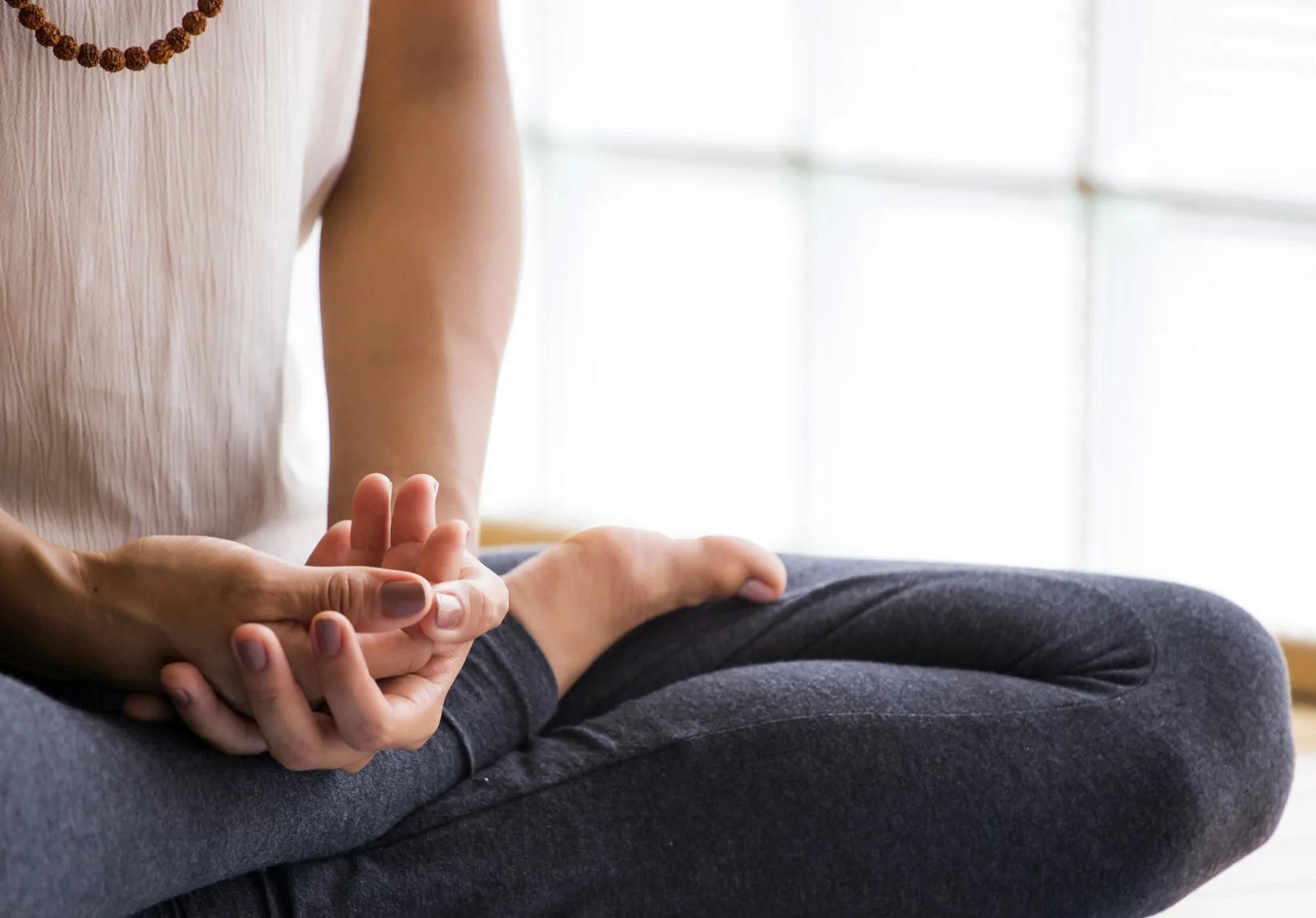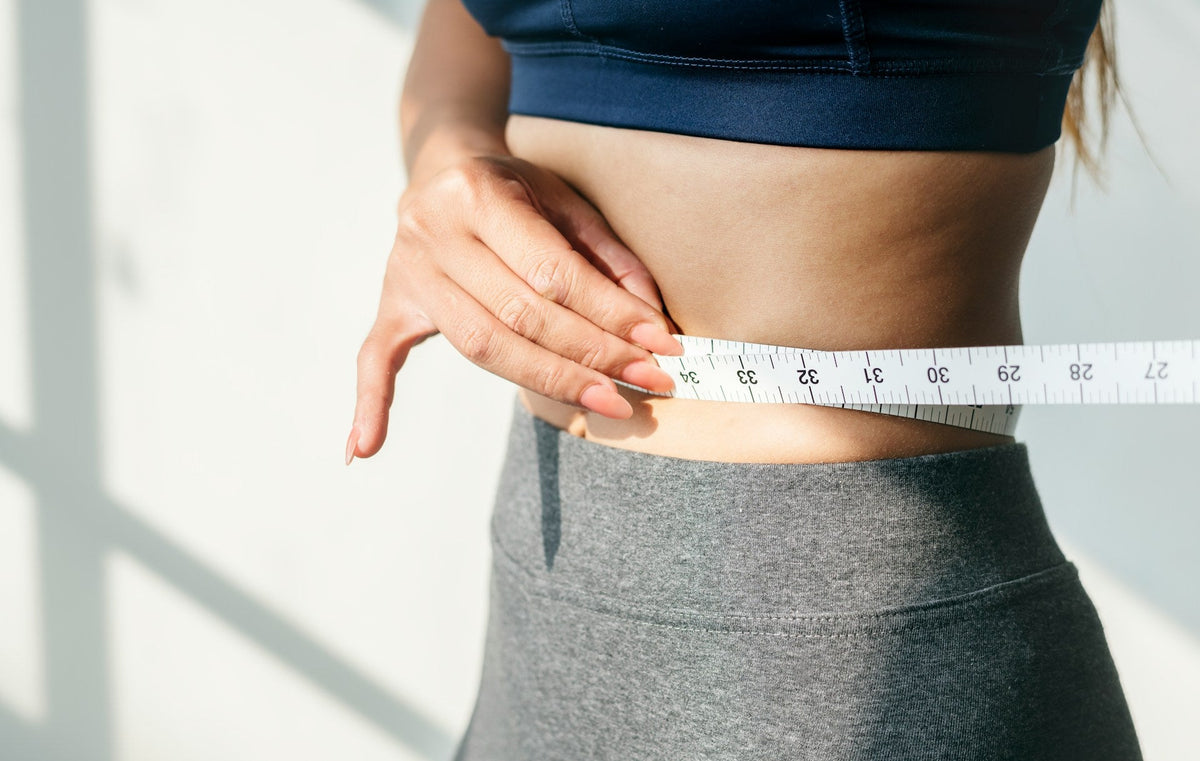
Breathing is one of the functions that we usually take for granted as the body does this automatically. Think about it, when you’re focusing on a task or trying to remember that key point in a test or even just sleeping, very rarely will we focus on our breathing. That is because breathing is run by a system called the autonomic nervous system.
This system also controls functions such as the heart beating and pumping blood around the body and the digestive system tackling the break down of that big dish you ate for lunch (that is leaving you in a carb coma while reading this). As the name suggests (auto), it handles tasks, which are “automatic” and for the most part goes entirely unnoticed most of the time.
Breathing is one of the ways that humans can actively help to soothe the body’s systems in moments of stress or anxiety. Practices like yoga, tai chi and meditation build resilience to stress by using the breath to persevere and be present with the breath, which calm the body and removes the focus from stress. This then translates into a better coping mechanism when life throws a curveball of stress your way.
THE BODY ON STRESS
This autonomic nervous system also controls what is referred to as the “flight or fight” response. This is the description given to all of the things that happen within the body when it experiences physical or psychological stress. It’s called this because human stress used to more typically appear in the form of something which a person needed to run quickly away from (flight) or prepare to fight (fight).
In modern times the fight or flight response can be triggered by upcoming deadlines, feeling unprepared for a big presentation, running late, experiencing conflict or even simply thinking about a stressful situation. As individuals, what stresses one person out may not stress someone else and each person's response to the same stress (depending on a variety of factors) will vary.
Obviously the everyday stressors that are common in modern life are not actually life-threatening, but the body responds in the same way it would if they were.
One of the body’s responses to the “fight or flight” response is a change in breathing. I’m sure you’ve experienced a stressful situation where you’ve noticed you’re taking quick, shallow breaths in the upper chest.
MINDFULNESS AND BREATHING
The goal is to help calm the body and reduce the stress response by making an effort to change the breathing pattern back to a normal unstressed breath. Belly breathing is a popular technique whereby you purposefully breathe into the belly to help calm the body’s responses activated in “fight or flight” and encourages changes back towards a more relaxed state.
Controlled breathing can lead to decreased blood pressure and heart rate (that has increased as a result of stress), increased feelings of calm and wellbeing and reduced levels of cortisol, the stress hormone in the blood to name a few benefits.
It is important to know that for some people, focusing on their breath when stressed may actually increase panic or lead to hyperventilation. Other methods for relaxing should be sought out if this happens.
USING BREATH
Mindfulness and breathing techniques are very valuable and inexpensive tools to help manage stress. As touched upon above yoga, tai chi and meditation are great exercises to practice. If you’d like to incorporate any of these, yoga would be best practiced 3-5 times a week, tai chi 15 minutes every day and mindful meditation only requires a minimum of 5-10 minutes a day.
To make it even easier, there are apps and other tech devices available to help with guided mindful breathing if you didn’t know where or how to start.
LET SUPPLEMENTS HELP
OxySleep Collagen Night Time Shred is a delicious dairy and gluten free collagen-based powder, designed to be taken as a night-time beverage. This decadent hot cocoa is enhanced with L-Theanine, Ashwagandha, Chamomile flowers and Passionflower to promote restful deep sleep which is essential for healthy fat loss, recovery and overall wellness. At only 40 calories per serve and 99% sugar free, it will satisfy your late-night sweet cravings and provide you with whole-body benefits from bovine collagen to support healthy hair, skin, nails, joints and gut.
Disclaimer: The above article is merely a guide and is in no way a recommendation or a treatment protocol for any health conditions or diseases. You should always consult with a qualified health care provider before changing your supplement, training or nutritional strategy. Supplementation should not be attempted by pregnant or breastfeeding women, anyone on prescription medication or children under the age of 15 unless advised by your qualified health care provider. The above article has been taken from www.ehplabs.com.au




